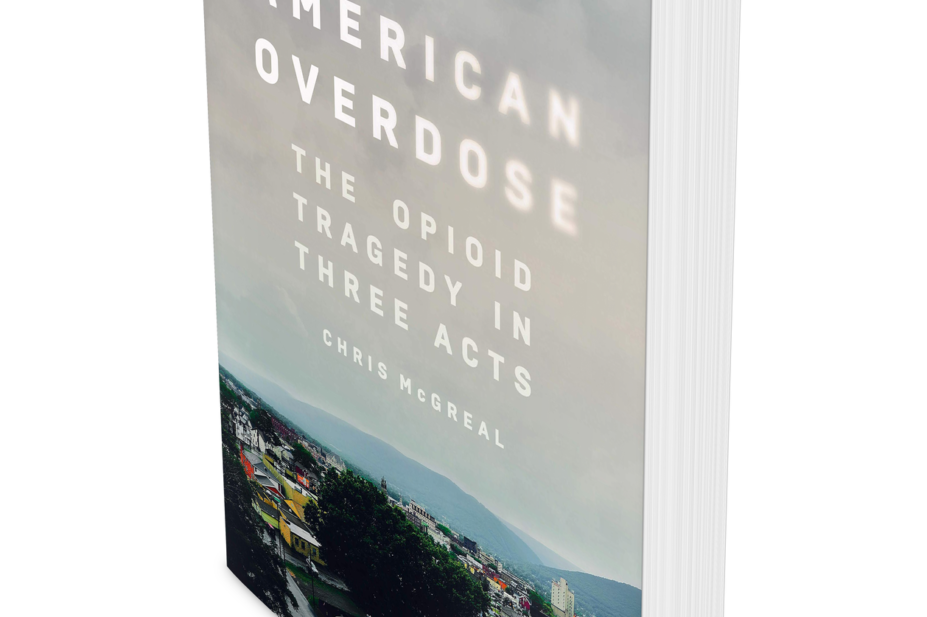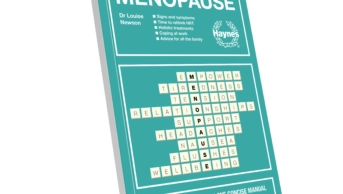
Most people know that addiction is a side effect of opiate drugs, whether they are used illicitly or as over-the-counter analgesics. American Overdose describes a tragedy in which authorities in the United States chose to ignore the emerging warning signs of the problem caused by overzealous opiate prescribing, and took too long to appreciate the addictive nature of the drug. Even today, the US Centre for Disease Control estimates that 900 Americans die from an opioid overdose each week.
Journalist Chris McGreal describes in great detail the origins of the opioid problem. In particular, he explores the drug OxyContin and the pharmaceutical industry’s efforts to dispel any dissenting voices that warned about the dangers of the drug, and how the industry actively sought to ensure that the drug was prescribed as widely as possible.
The story begins in the early 1990s in Williamson, West Virginia — a small town suffering from the collapse of the local mining industry — where doctors began to diagnose patients with conditions that required an opiate prescription. There were soon scores of patients prescribed opiates, and doctors even signed repeat prescriptions without a date (later added by the receptionists), which patients simply turned up to collect without seeing the doctor. In addition, doctors colluded with several local pharmacies so that the extent of overprescribing went unreported.
The prescription of opiates was fuelled by a letter published in the New England Journal of Medicine in 1980, which identified a low incidence of addiction in patients legitimately prescribed opiates in hospital. Later work in cancer patients endorsed this view and satisfied doctors that opiates could be prescribed safely withou a risk of addiction. In 1996, pharmaceutical company Purdue Pharma released OxyContin — that same year, James Campbell, then president of the American Pain Society, suggested that pain was the fifth vital sign, alongside blood pressure and pulse, and emphasised that doctors should assess pain with similar diligence.
By 2000, sales of OxyContin reached US$1bn a year, helped in part by Purdue Pharma’s aggressive marketing strategy (for which they were later fined by the US Food and Drug Administration) that involved procuring the help of influential pain specialists to publicly support prescriptions of the drug.
The book describes how in 2006, a paper provided data on potential harm from opiates. It revealed that unintentional drug poisoning mortality rates increased by around 5% per year between 1979 and 1990, and by 18% per year between 1990 and 2002. By 2010, 15,000 people were dying from painkiller overdoses each year. The prescription of opiates reached such enormous heights that by 2012, doctors in the United States were writing 250 million prescriptions — enough to provide a bottle to each adult in the United States.
Later chapters describe how various individuals highlighted but failed to reverse the increased prescribing of opiates, despite claims in 2003 by a leading pain specialist, Jane Ballantyne, that opiates were not effective in the long term and may even make patients’ conditions worse. Ballantyne’s claim was dismissed as “extreme” and, in 2005, Purdue Pharma, in an effort to shift the focus away from addiction, established the Pain Care Forum to consider the epidemic of untreated pain.
This book is a fascinating but disheartening account of how the addictive nature of opiates was suppressed for too long. It illustrates the power of big pharma, which, driven by corporate greed, was able to influence government policy and triumph over clinical practice. It is a stark reminder that big pharma, just like any business, exists to make money — and while this may be perfectly acceptable, it should not be at the expense of people’s health.
Rod Tucker
References
American Overdose: the opioid tragedy in three acts by Chris McGreal. Pp 304. £12.99: Faber & Faber Ltd (London), 2018. ISBN 978-1-78335-168-8


